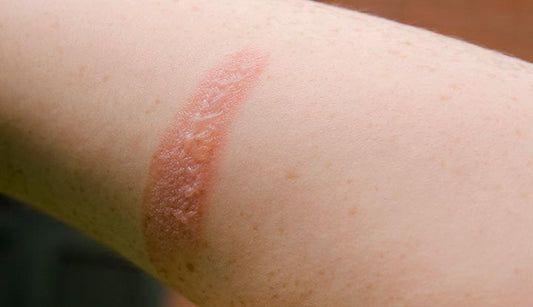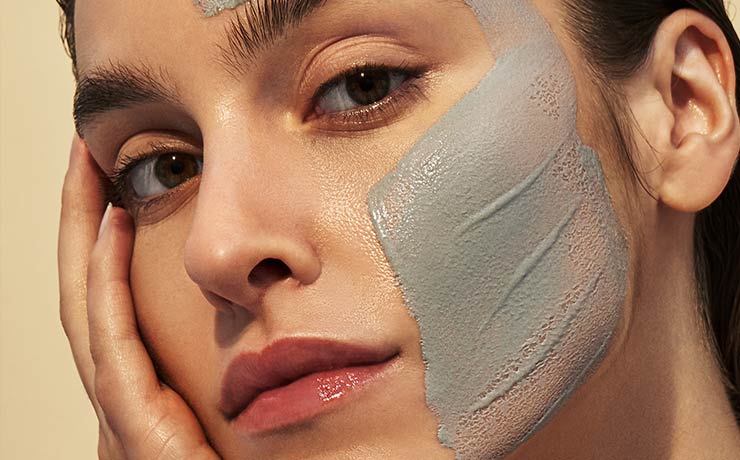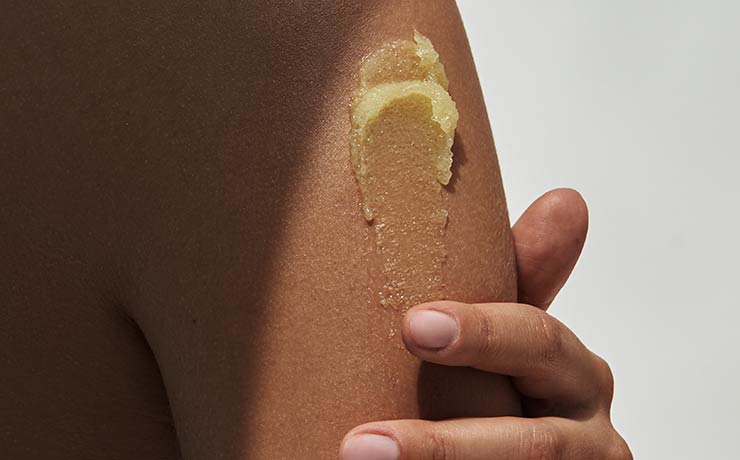Atopic dermatitis and eczema, are they the same?
Introduction
In the world of skin diseases, terms such as atopic dermatitis and excellent. While these two terms are used interchangeably, are they really the same thing? In this article, we will explore in detail the characteristics of both disorders, their similarities, differences, and how to treat them.
What is the atopic dermatitis?
Atopic dermatitis is a chronic inflammatory skin disease that mainly affects children, but it can also appear in adults. It is a condition that is usually recurrent and, in general, is associated with other allergic conditions such as asthma or allergic rhinitis.
Symptoms
The symptoms of atopic dermatitis can range from mild to severe and include:
- dry and flaky skin
- redness
- intense itching
- Lesions that may ooze and crust over
Causes
Although the exact cause of atopic dermatitis is not known, it is believed to be the result of a combination of genetic and environmental factors.
Risk factor's
Some risk factors associated with atopic dermatitis include:
- Family history of allergies or dermatitis
- Live in urban areas or with cold climates
- Exposure to chemical irritants
What is eczema?
The term excellent is a general term used to describe various inflammatory skin conditions, including atopic dermatitis. In other words, atopic dermatitis is a type of eczema.
Symptoms
The symptoms of eczema in general can be similar to those of atopic dermatitis, such as dry skin, redness, and itchiness. However, the specific symptoms can vary depending on the type of eczema.
Causes
The causes of eczema vary depending on the specific type. As with atopic dermatitis, the causes can be a combination of genetic and environmental factors.
Risk factor's
Risk factors for eczema can also vary depending on the specific type and can include:
- Family history of eczema or allergies
- Exposure to chemical irritants or allergens
- Dry or sensitive skin conditions
Comparison between atopic dermatitis and eczema
similarities
Atopic dermatitis and eczema share some similarities, such as:
- Similar symptoms, such as redness, itchiness, and dry skin
- Both are inflammatory skin disorders
- May be related to genetic and environmental factors
differences
Despite these similarities, there are key differences between atopic dermatitis and eczema:
- Atopic dermatitis is a specific type of eczema, while eczema is a general term that encompasses various skin conditions.
- Eczema can manifest in different ways depending on the specific type, while atopic dermatitis has more defined symptoms and characteristics.
Treatment
Therapeutic options
Although there is no definitive cure for atopic dermatitis or eczema, there are treatments available to control symptoms and prevent flare-ups. These may include:
- Moisturizing and emollient creams
- topical corticosteroids
- antihistamines
- Immunosuppressants in severe cases
Prevention
Prevention of flare-ups of atopic dermatitis and eczema may include:
- Avoid known irritants and allergens
- Keep skin hydrated
- Eat a healthy and balanced diet
- Manage stress and anxiety
Conclusion
In short, atopic dermatitis and eczema are not exactly the same. Atopic dermatitis is a specific type of eczema, and while they share similar features, there are key differences between the two. If you suspect that you or a loved one may have atopic dermatitis or eczema, it's important to see a doctor or dermatologist for a proper diagnosis and personalized treatment.
Frequently asked questions (FAQs)
1. Are eczema and atopic dermatitis the same?
No, atopic dermatitis is a specific type of eczema. Eczema is a general term that encompasses various inflammatory skin conditions, including atopic dermatitis.
2. What is the main difference between atopic dermatitis and eczema?
The main difference is that atopic dermatitis is a specific type of eczema, while eczema is a general term that includes various skin conditions.
3. Do atopic dermatitis and eczema have the same symptoms?
Yes, both can have similar symptoms, such as red, itchy, and dry skin. However, the specific symptoms can vary depending on the type of eczema.
4. Is there any treatment for atopic dermatitis and eczema?
Yes, although there is no definitive cure, there are treatments available to control symptoms and prevent flare-ups. These can include moisturizers, topical corticosteroids, antihistamines, and immunosuppressants in severe cases.
5. How can I prevent flare-ups of atopic dermatitis and eczema?
Flare-up prevention may include avoiding known irritants and allergens, keeping skin hydrated, eating a healthy, balanced diet, and managing stress and anxiety.

























































































































